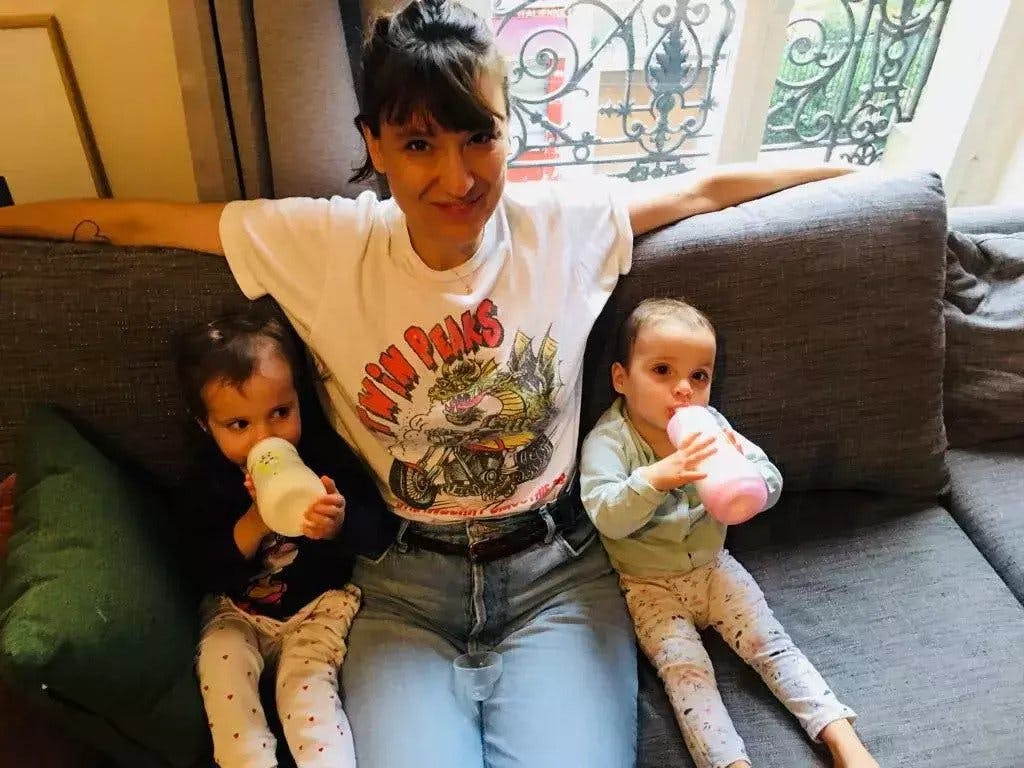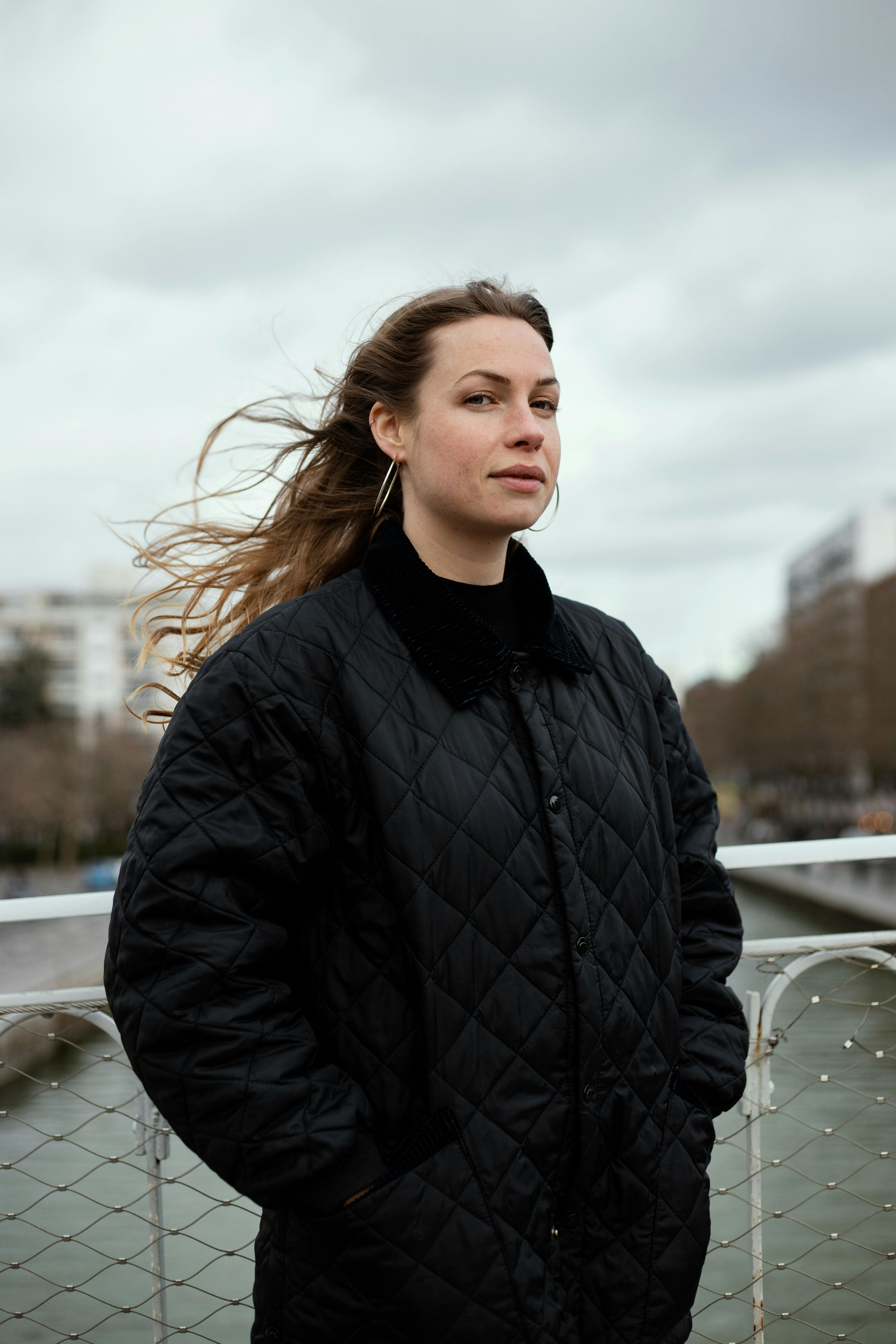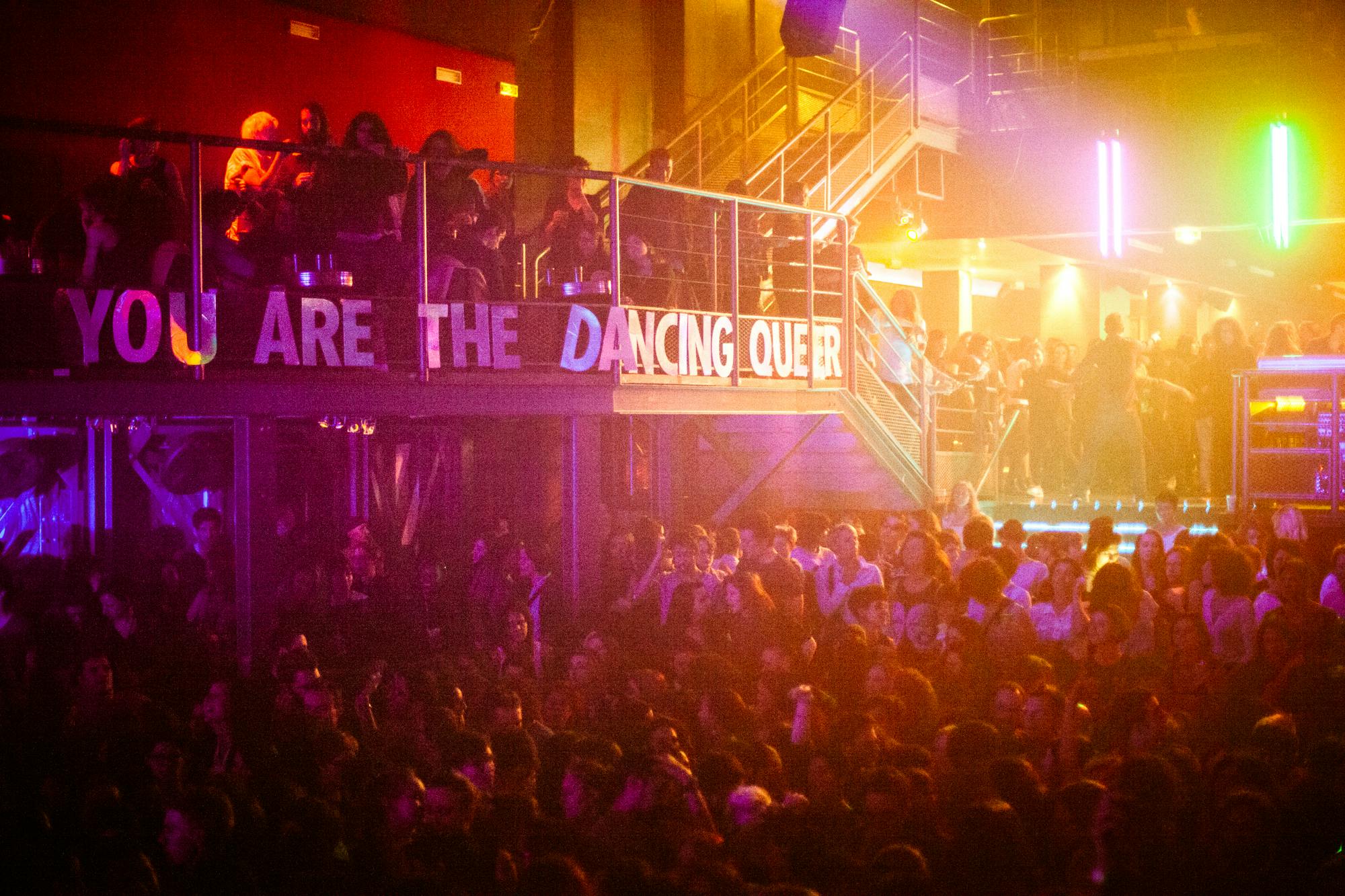Alba: “I went to university in Canada and studied the New York rap industry in the late ’70s and early ’80s, and decided that I wanted to work for a label. I did a promotional internship at Pias during an incredible time, when labels including Rough Trade, Beggars, Def Jux, Stones Throw and Warp were exploding. I promoted all of their artists. It was great – I was out every night. That was my real school, that was my real training.
“Then I joined iTunes in Luxembourg representing independent labels, writing digital promo strategies at the very beginning of the digital era. Afterwards, I came back to Paris and took a little detour into entertainment with Dailymotion before joining DICE. I had two little girls keeping me busy during all this, too.”
Anaïs: “I worked at Sinny Ooko and Dif Productions with Peggy Szkudlarek for a large part of my career. I learnt about events and show production, touring, booking, and artist development strategies. In March 2019, I came to La Machine du Moulin Rouge and took a production position at the same time as being a DJ, until I took the Head of Programming position, which was previously managed by Marc Resplandy.
“Marc expressed his desire to leave in early 2021, he called me in May and asked if I wanted to take over programming. My first reaction was ‘No!’, because I didn’t feel capable enough. I took a long break where I had time to think. Then I came back to Paris and thought, ‘What am I doing? I’ve been doing this for six years, I should take the next step.’
“I made an appointment with Julien Delcey, my director, to ask for the opportunity and he said, ‘Yes, of course!’ I’m very proud to have asked for the opportunity and not to have relied on someone else’s choice. It wasn’t up to someone else to push me. Of course, it scared me, but I put that to one side and focused on the passion that I have for putting lineups together and my relationships with promoters. Now, I’m happy in my role and feel like I belong here.”


